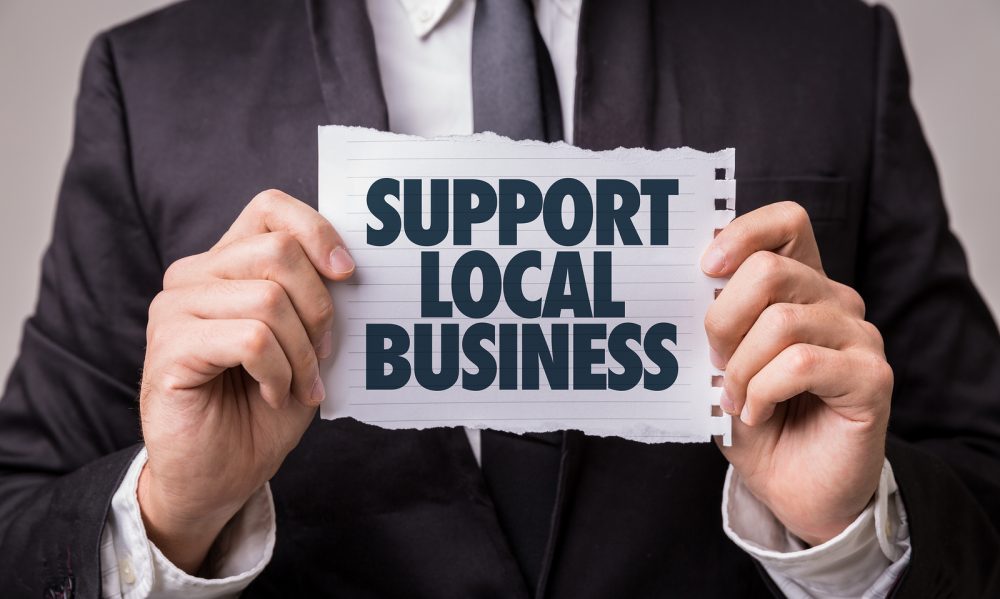Checking customer’s purchases
Can a retailer check a customer’s bag on the way out?
The short answer is – it depends.
If they are going to randomly select customers based on an appearance or suspicion then the answer is “no”.
If they are going to routinely check every customer’s bag and it is an expected practice and agreed to via some form of membership contract then the answer is “yes”.
Well – actually, “maybe”.
Let me clarify. If the bag is a purchase or a shopping bag, then yes, but if it is personal belongings, such as a purse, then the answer is no.
If are sure that a customer stole merchandise, then you wouldn’t need to check, and if you need to check, then you are obviously not sure – if in doubt, don’t go out
The Backstory
It is becoming increasingly more difficult to distinguish between a theft in progress and a simple shopping trip using recyclable bags. It is also becoming increasingly more enticing for a would-be bandit to load up in the store, and “innocently forget” to pull out all of the items when they check out and pay for their purchase.
I know the simple fix would be to check bags upon exit. Maybe the retailer has been convinced that it is a great deterrent measure, and it certainly would be. But there are some legal issues* to consider that might make them think twice about implementing the practice.
Unless you are a retailer with a membership style offering and every person’s purchase is inspected, then this may apply to you.
For the purpose of this exercise read on as if you were the customer.
Voluntary – while some experts say that bag checks are legal if they are “voluntary”, there is a huge question mark about what is truly “voluntary”. If the person who is being checked feels that they do not have a choice for whatever reason (such as feeling coerced or feeling intimidated by an authority figure) then it is not “voluntary”. So the voluntary surrender argument is weak.
Discrimination – “the decision to act based on a difference of one thing over another”. In the case of parcel checks, does the customer feel that they are treated differently (singled out) if their bag was checked, and the person in front of them was not? If they do, there may be an argument of discrimination.
Discrimination cases, or defamation of character cases, have resulted in large civil claim awards. There is also negative media attention and reputation concerns that should be considered.
Charter of Rights – there is a difference between a documented program, an agreement between two parties, and a one-sided selective process. If you are considering a random verification of customer packages, that customer could argue that their right to be free from unreasonable search has been breached.
The Charter of Rights and Freedoms is a powerful piece of legislation that an accused customer can bring to a civil proceeding, again realizing a large civil award.
Data Source: Constitution Act, 1982: Charter of Rights and Freedoms
Arrest – “to stop or deprive the development of something”. In the case of theft, an arrest is the stoppage of a person’s natural course of life. Coupled with an accusation of wrongdoing and you have what is the more common understanding of an arrest.
If a retailer were to stop a person randomly, ask to see a receipt, and compare that to a purchase, the customer could perceive that as an accusation with a deprivation of continuing with their regular function. Essentially if they are wrong they may have made a false arrest.
Criminal Code – Let’s say the retailer is right in that the customer has unpaid goods on them. The retailer checked a receipt, and the item wasn’t paid for. Now, what do they do? The Criminal Code of Canada specifies when a person can make an arrest. It needs to involve a crime. If theft requires very specific action on the part of the customer, and the retailer did not observe that action, then the arrest cannot be made lawfully. Essentially the retailer did not establish the aspect of “found committing”.
Data Source: Criminal Code of Canada: Theft
Data Source: Criminal Code of Canada: Powers of arrest
EAS – Electronic Article Surveillance tags and systems are a wonderful deterrent measure. But when the alarm goes off there are many things to consider such as what I covered above, and it’s all in the approach the retailer takes when addressing the customer.
Tag pollution is the term used to describe a live tag or failure to deactivate at the point of purchase, and this can be a problem. Retailers have an obligation to help out the community by ensuring tags are properly deactivated. If the security system detects a live tag, then the customer can be approached to let them know about the live tag on their purchase.
Imagine if you buy a jacket from a store, and they forget to deactivate an embedded tag that you don’t even know is there. Every time you wear the jacket you set off alarms in every store you go in…
What you want to avoid – a live tag DOES NOT constitute a crime, nor does it entitle a retailer to a free look. Unless you observed a theft, if the alarm sounds you are trying to verify the purchase for the purpose of (1) deactivating the tag, (2) training your staff to get it right next time. I recommend that you draft exact language that a staff member is authorized to use when speaking to a customer about an alarm activation.
*Bottom Line Matters is not to be considered Legal Advise and readers are encouraged to obtain their own independent legal counsel on matters dealing with the law.
The bottom line is this; If are sure that they stole merchandise, then you wouldn’t need to check, you’d be arresting. If you need to check, then you are obviously not sure.




